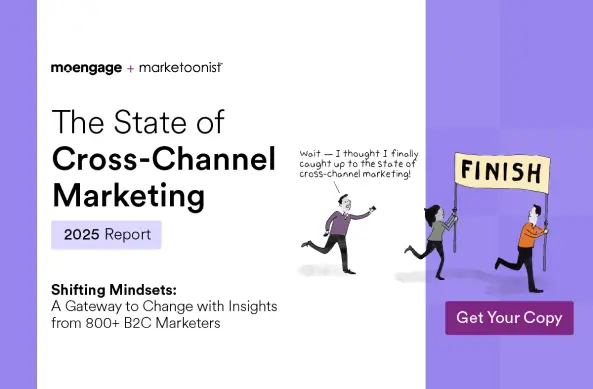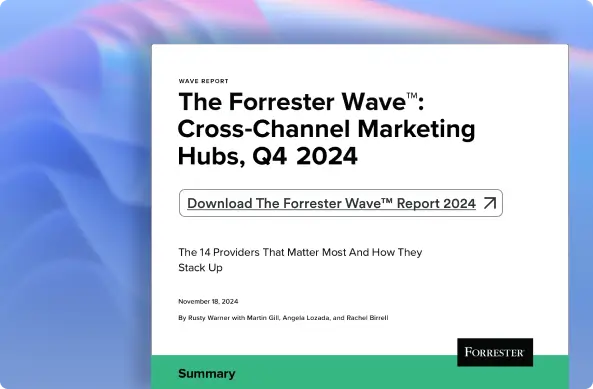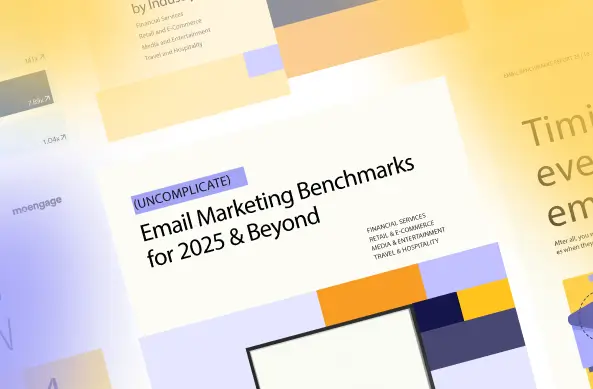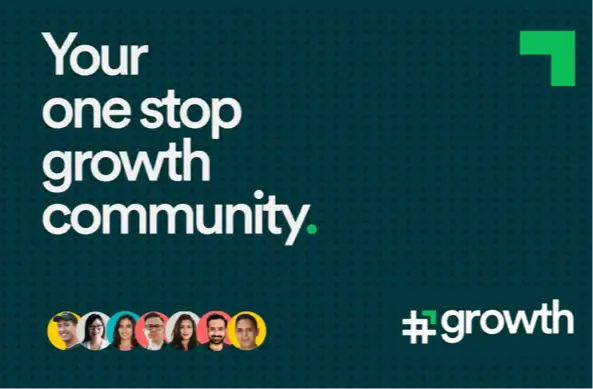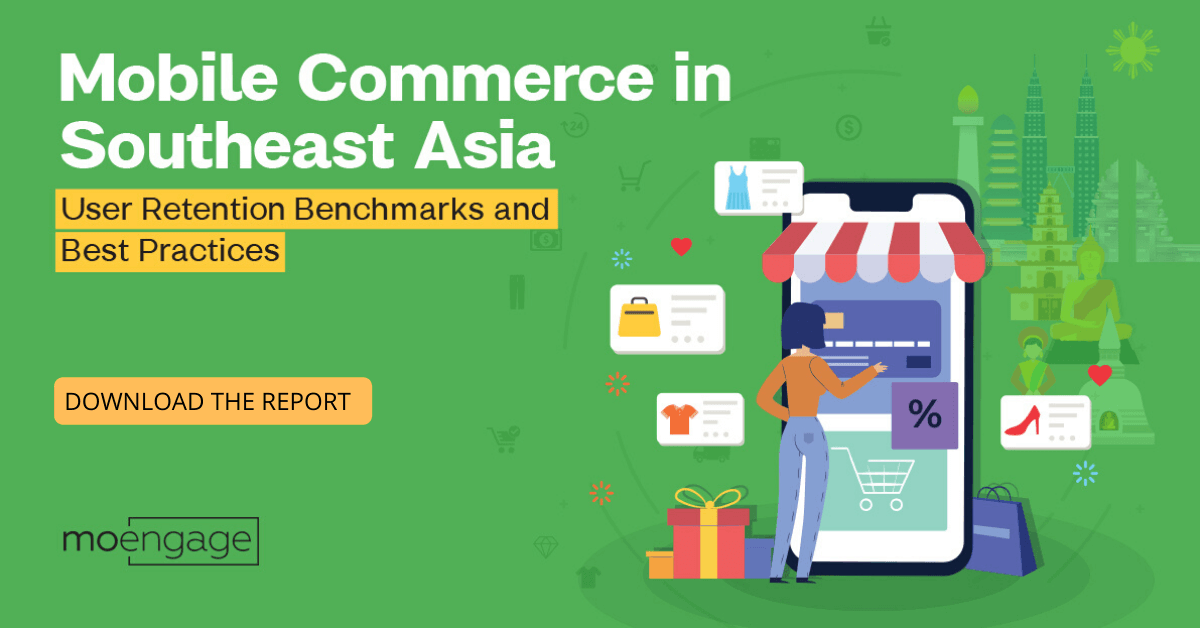How Tokopedia Boosted First Time Conversions by 20%

Reading Time: 5 minutes
| 👉 Download Report – E-commerce App Retention Trends India [2020]
👉 Download Report – E-Commerce App Retention Rates in SEA 👉 Download Holiday Marketing Guide – Get holiday trends of 2020 across verticals and geographies along with actionable strategies and use cases from top global brands and industry leaders 👉 Interactive Growth Framework Quiz – Learn how to scale and build a Growth program with this interactive quiz |
Indonesia’s eCommerce market is booming. These statistics will give you a broad picture of this country’s growth story:
- The eCommerce market in Indonesia is poised to grow at a CAGR of 9.3% and will be valued at $16,338 million by 2023. – Statista
- The Gross Merchandise Volume(GMV) for online transactions is predicted to reach $130 billion by 2020. – Bank Indonesia
- The country added 11 million new online shoppers in 2017, while another survey of 1000 urban consumers showed a 63% increase in shoppers buying products online at least once a month. – FT Confidential
- Significant investments by eCommerce giants like Alibaba($1.1 billion in Tokopedia), Amazon($600 million in its Indonesian operations). – Entrepreneur
What Makes Indonesia a Hotbed for the eCommerce Industry?
Economy: With over 261.12 million population and a GDP per capita expected to reach 5,790 USD by 2022, Indonesia’s middle-class population is expanding. Over 31.65 million users are shopping online. Statista predicts the number of users to grow to 43.89 million by 2022 and the average online spends to go up to 375 million USD.
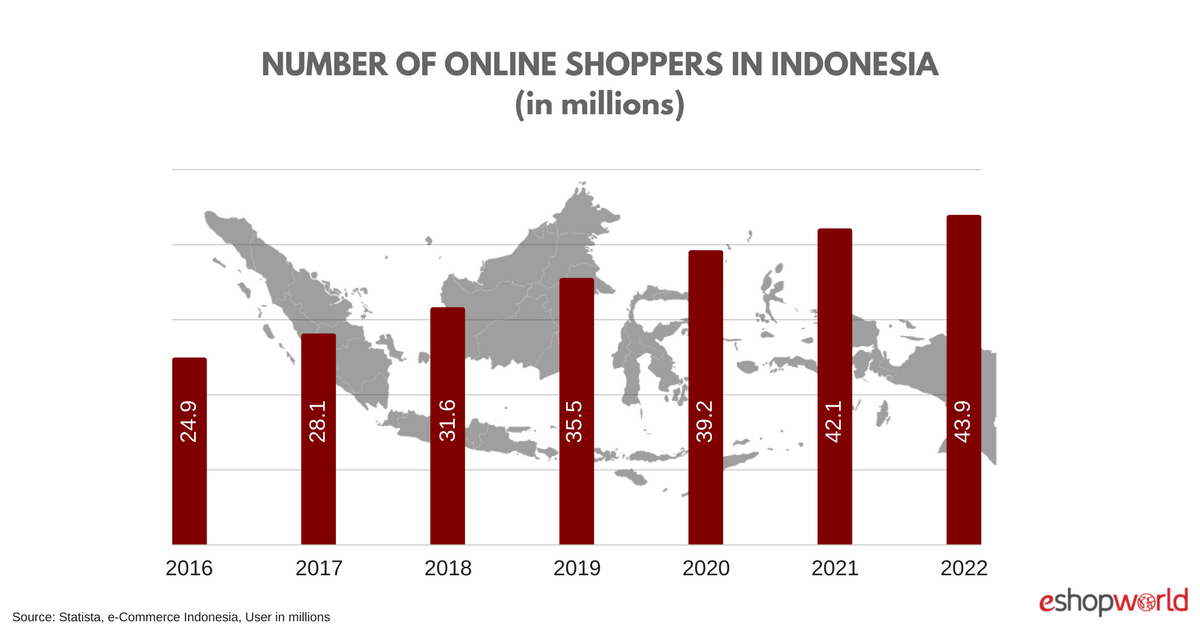
Source: eshopworld
Internet penetration: Internet access is believed to be a significant contributor to the flourishing eCommerce industry in Indonesia. Internet penetration is high in Indonesia—42.1% of the population has access to it. The number will further grow up to 49.9% by 2022.
Device usage: Smartphone usage is low—less than 26% of the population uses them. However, despite the low usage, over 55% of online shoppers in Indonesia rely on mobile phones for shopping.
The improved economy combined with internet penetration and mobile revolution has contributed to the growth story of Indonesia’s eCommerce industry.
However, no growth story is complete without challenges. Indonesia is still a growing economy and has many hurdles to surpass in the coming years.
Challenges of Indonesia’s eCommerce Industry
There are many reasons why eCommerce brands in Indonesia cannot expand their reach to the fullest.
Logistics: Jack Ma observes Indonesia’s eCommerce industry closely and cites the lack of suitable infrastructure as a primary challenge for the growth of the sector. Consumers in Indonesia live across 17,000 islands that span over 50,000 kilometers from east to west. This acts as a bottleneck for the supply chain of the business resulting in increased wait time and also impacts the final shipping cost of products.
Slow internet connectivity: Despite high internet penetration, internet connectivity is slow in Indonesia when compared to other Asian countries such as Singapore, Vietnam, Malaysia, and the Philippines.
Payment methods: As per a study, 80.7% of netizens prefer to pay through bank-transfer when they shop online. However, there are just 36% of citizens who have a legitimate bank account. A low financial literacy rate is also a leading cause for the slow adoption of a cashless economy.
Trust: If there is one thing that acts as a major barrier to eCommerce growth, it is trust. Though marketplace websites are gaining prominence, consumers prefer to have direct communication with sellers on a peer-to-peer network such as Facebook as it is more personal and warm. Sellers are aware of this preference and engage with their customers on social network websites instead of online marketplaces.
Also, take a look at the user retention benchmarks for e-commerce apps in 2019 and see how your app fares.
Improve Trust and Retain More Customers Like Tokopedia Did
As an eCommerce marketer, logistics and government regulations might be outside your purview. However, you can engage and win more customers with a sprinkle of personalization in your customer’s purchase journey—just like Tokopedia did. Tokopedia, Indonesia’s largest online marketplace leverages our platform to improve app user retention by 60% and grow its first conversion transaction by 20%.
The eCommerce app adoption is slow in Indonesia. As a result, 60% of customers that installed Tokopedia’s app, uninstalled it within the first month. Tokopedia realized the need to create a 1:1 personalized experience for new app users to engage and encourage them to make the first purchase.
The brand identified the various stages in the customer onboarding journey where they could send the right messages to eliminate ambiguity in communication, and leveraged MoEngage Omnichannel Flows to create a series of integrated cross-channel campaigns. They targeted users through various channels including push notifications, emails, SMS, and retargeting with personalized messages.
Take a look at the onboarding flow diagram:
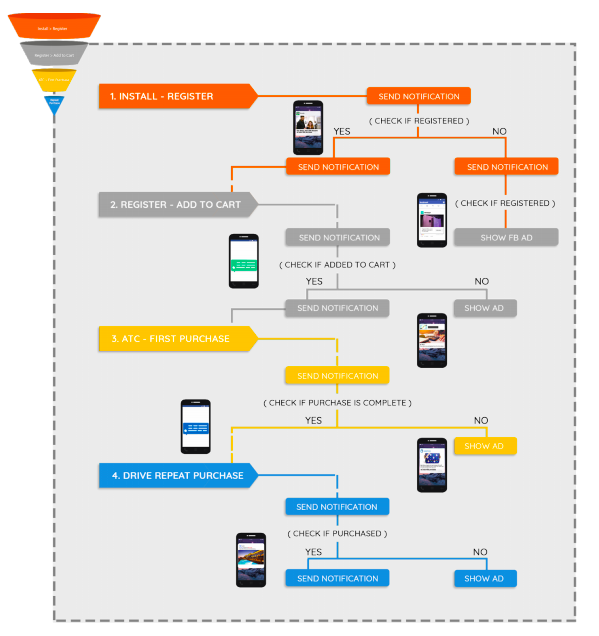
With a robust workflow in place, Tokopedia was able to guide customers from installation to first purchase and grow the number of active shoppers on their app.
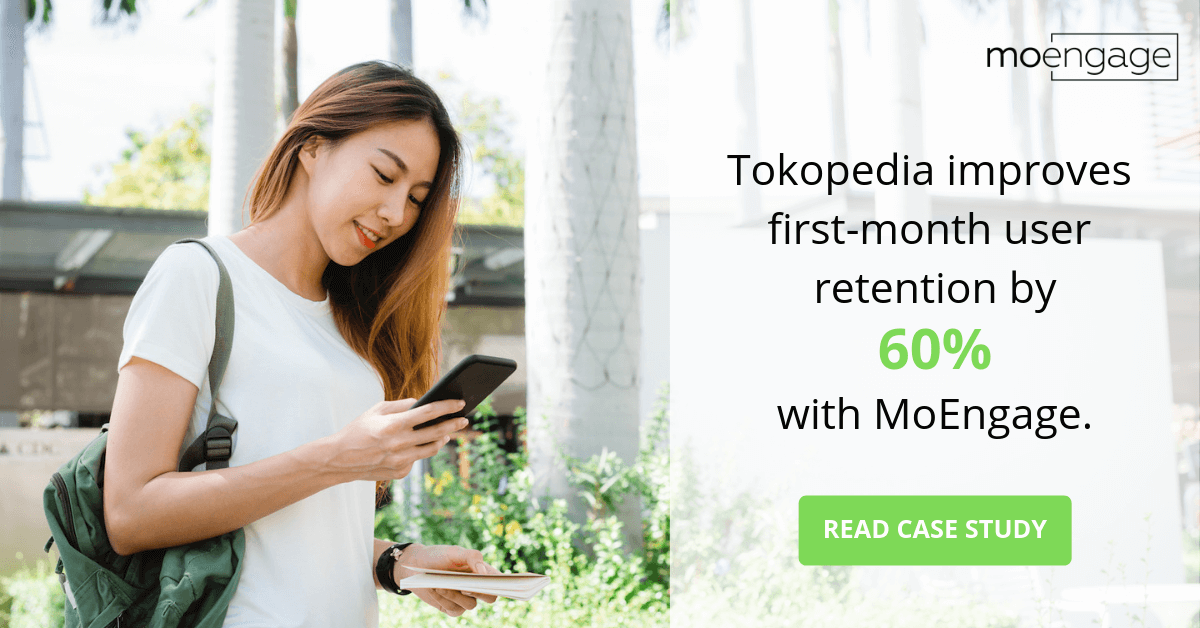
Customer journeys are increasingly becoming more dynamic and interconnected in nature. For brands to win, they must take cognizance of this paradigm and adapt their marketing tactics. MoEngage helps us seamlessly integrate both marketing and ad technologies to deliver a unique customer experience while delivering the optimal messaging experience to the users. – Holy Theodore, Senior Digital Marketing Strategist, Tokopedia
For an eCommerce company, personalized customer experiences and winning the trust of customers is crucial today more than ever, and marketing automation platforms like MoEngage can help you achieve that.

